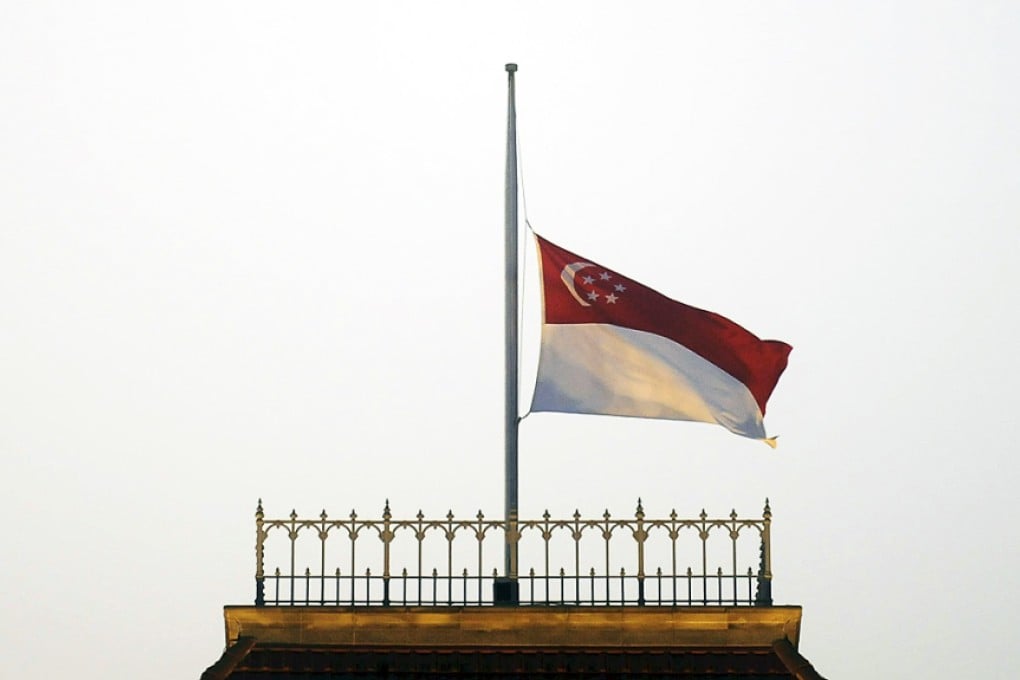Singapore will survive Lee Kuan Yew's death, but will it still thrive?
Sun Xi outlines the challenges Singapore faces to maintain its prosperity

An iconic statesman has left us. Lee Kuan Yew will sadly miss Singapore's golden jubilee independence celebrations this year.
For most Chinese, Lee was famous for advising Deng Xiaoping on China's reform and opening up, which was why I chose to study in the public policy school under his name.
Lee, described as a big man on a small stage by some, including Henry Kissinger, has been widely recognised as one of the most influential political figures in Asia and beyond. His achievements were truly remarkable, transforming Singapore into a Garden City from "a disgrace to a civilised community with one of the world's worst slums", and an important international trade and financial hub, with one of the least corrupt and most efficient governments on earth.
So, will Singapore continue to survive and thrive without Lee? In the short term, it will be nearly impossible for Singapore to slide into chaos.
First, Singapore has successfully built up a civil society firmly based on the rule of law, where people are used to pursue rights or voice complaints in legal ways rather than resorting to violence. Second, Singapore has, in fact, been running smoothly in the post-Lee-Kuan-Yew era for a while, since Lee's resignation as the minister mentor in 2011. Last, his death is not a shock to most Singaporeans, who have been mentally ready for such sad news for a while, considering his age and worsening health in recent years.
It's likely that the political power in Singapore will be reallocated and rebalanced between local parties and even among those implicit factions within the ruling People's Action Party (PAP).
However, the PAP will probably continue to remain in power in the next general election, to be held at the latest by January 2017.
